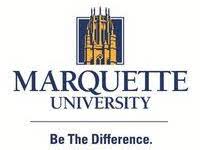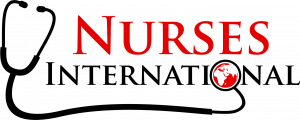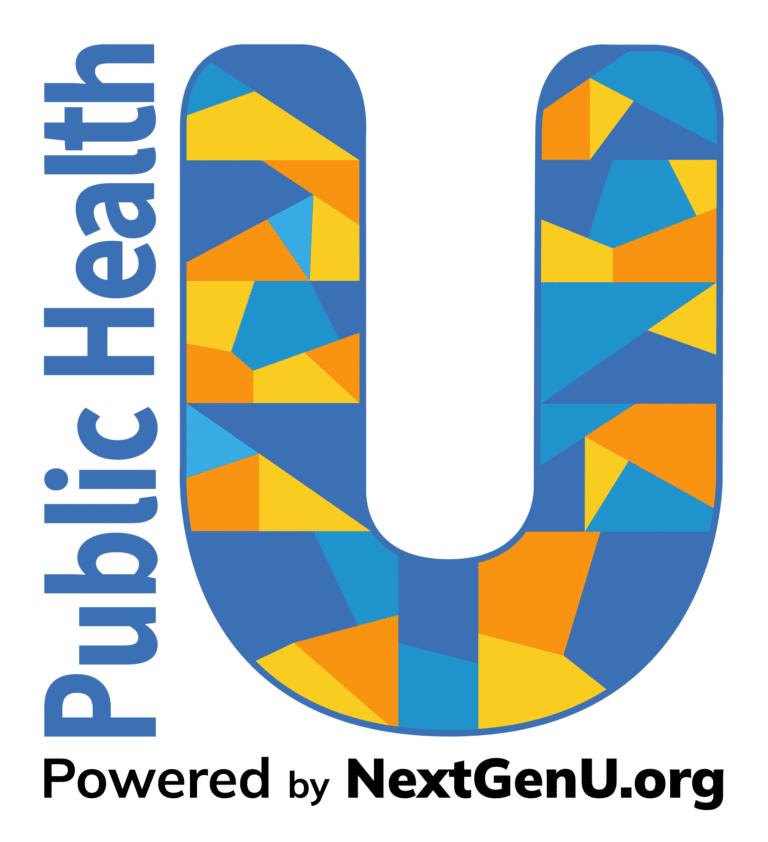COVID-19 Orientation for Frontline Healthcare Providers
This course on COVID-19 Orientation for Frontline Healthcare Providers in the Acute Care Setting is designed to educate and prepare frontline healthcare workers for patient care during the COVID-19 pandemic outbreak. It utilizes an all-inclusive, centered approach to the management of the disease by providing information about healthcare worker protection, care of the COVID-19-positive patient, and the activation and utilization of the global healthcare community to combat the pandemic. All parts of this training are free, including registration, learning, testing, and a certificate of completion. This course is intended for primary-care physicians, nurses, and allied health professionals in training and in practice.
This COVID-19 Orientation for Frontline Healthcare Providers in the Acute Care Setting course was developed in partnership with Marquette University, Nurses International, NurseTim Incorporated. Like all NextGenU.org courses, the course is competency-based; using competencies from a Multisociety Task Force Recommendations of Competencies in Pulmonary and Critical Care Medicine. In addition, the COVID-19 Orientation for Frontline Healthcare Providers in the Acute Care Setting course uses resources from accredited world-class organizations, including the U.S. Centers for Disease Control and Prevention, the American Heart Association, and the World Health Organization. The course developers are J. Carlyle Schlabach, MD, Board Certified Family Physician, Kathleen Capone, MS, RN, CNE, Jacqueline Christianson, MSN, FNP-C, Madison Cox, MSN, RN, LuAnn Etcher, PhD, GNP-BC, CPG, Nicole Giancaterino, DNP, RNC-OB, CNE, Theresa Jones, PhD, MSN, BSN, AASN, RN-BC, Stacen A. Keating, PhD, RN, Vicky A. Keys, DNP, MSN, RN-BC, ACNS-BC, Hernani L. Ledesma Jr., DNP, EdD, MSIDT(c), MSN, MHA, RN, CNE, Stephanie Terry, PhD, RN, CNE, Bonnie Velez, CRNP, FNP, Chasya Wiseman MSN, RN, CMSRN, Lindsay Burner, DNP, FNP-C, RN, Valeria Reynolds Cortez MD, and Hugo Andres Rojas Aldieri MD, MSc.



This course includes 8 modules to complete, and provides:
- An introduction to physical and psychological protective practices for healthcare workers;
- Overview of COVID-19 risk factors, screening, diagnostic processes, treatment protocols for hospitalized and critical patients, and complications;
- Skills to recognize factors to consider when deciding to cease lifesaving measures in COVID-19 patients, comparing and contrasting clinical guidelines for protocols across multiple healthcare systems; and
- Strategies for identifying credible sources for ongoing COVID-19 information.
The course requires the completion of peer activities. At the end of each lesson, there is a practice quiz. At the end of the course, after you’ve completed each lesson, quiz, and activity, you’ll have access to a final exam, and a chance to assess the training. Once you’ve passed that last test, you will be able to download a certificate of completion from NextGenU.org and our course’s co-sponsoring organizations (listed above). We keep all of your personal information confidential, never sell any of your information, and only use anonymized data for research purposes, and we are also happy to report your testing information and share your work with anyone (your school, employer, etc.) at your request. We hope that you will find this a rewarding learning experience, and we count on your feedback to help us improve this training for future students.
Approximate time for the required readings in this course is 18 hours at an average reading rate of 144 words/minute; in addition, there are required activities as described above.
The results of your assessments will be provided to you, and we can report your testing information and share your work with anyone you request (school, employer, etc.). The evaluation you provide at the course’s conclusion will help us improve the training for future students. We hope you find this COVID-19 Orientation for Frontline Healthcare Providers in the Acute Care Setting course a wonderful learning experience!
Engaging with this Course:
You may browse this course for free to learn for your personal enrichment; there are no requirements.
To obtain a certificate:
- Show in the registration fields that you have the appropriate prerequisites to be certified. This course is for healthcare workers.
- Complete all the reading requirements.
- Complete all quizzes and pass with a 70% with unlimited attempts..
- Complete 4 peer activity and associated certification quizzes.
- Successfully complete the final exam with a minimum of 70% and a maximum of 3 attempts.
- Complete the self and course evaluation forms.
To obtain credit:
- Complete all requirements listed above for the certificate.
- Your learning institution or workplace should approve the partner-university-sponsored NextGenU.org course for educational credit, as they would for their learner taking a course anywhere.
- NextGenU.org is happy to provide your institution with:
- a link to and description of the course training, so they can see all its components, including the cosponsoring universities and other professional organization cosponsors
- NextGenU.org is happy to provide your institution with:
- your grade on the final exam
- your work products (e.g. peer and mentored activities), and any other required or optional shared materials that you produce and authorize to share with them
- your evaluations — course, self, peer, and mentor assessments.
- a copy of your certificate of completion, with the co-sponsoring universities and other organizations listed
- We hope that you will find this a rewarding learning experience, and we count on your assessment and feedback to help us improve this training for future students.
To obtain a degree, NextGenU.org co-sponsors degree programs with institutional partners. To obtain a degree co-sponsored with NextGenU.org, registrants must be enrolled in a degree program as a student of a NextGenU.org institutional partner. If you think that your institution might be interested in offering a degree with NextGenU.org contact us.
Next Steps
- Complete the registration form.
- Begin the course with COVID-19 Introductory Video, after watching it, start with Module 1: Introduction- Healthcare Worker Protection. In each lesson, read the description, complete all required readings and any required activity, and take the corresponding quizzes.
Some content is from the experiences of practitioners in the field as they develop treatment protocols and is not based on clinical trials or peer-reviewed evidence in all cases. Check with your institution for information regarding current treatment protocols. Whenever content of this nature is being used in this course you’ll see a “From the Field” label before the content is shared.
